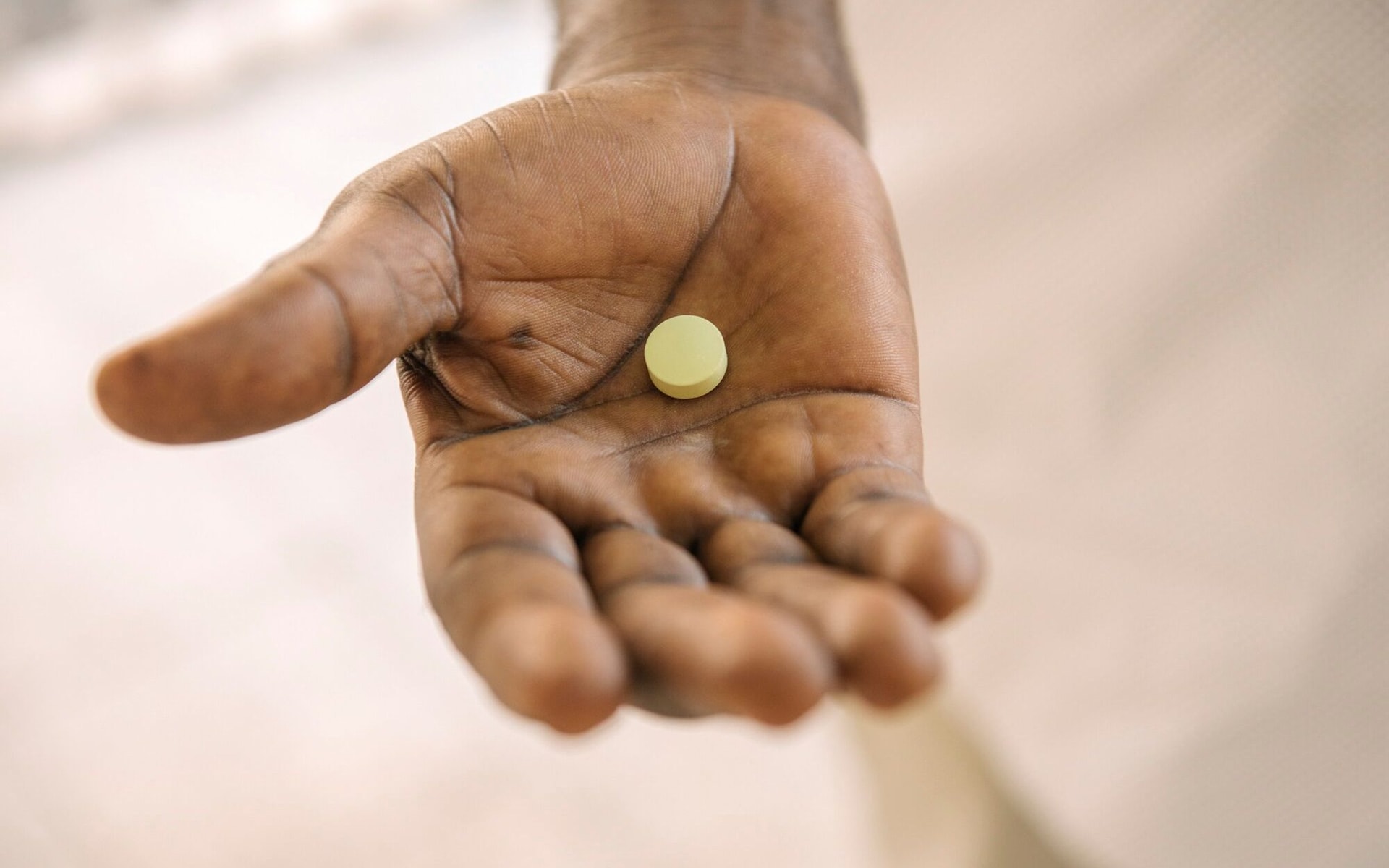
DR Congo distributes new oral drug to fight sleeping sickness

Health officials in DR Congo together with pharmaceutical companies and Non-Governmental Organisations (NGOs) have been working on a revolutionary drug to help combat sleeping sickness for the last 10 years and is now available to be distributed to the public.
Authorities in the country started distributing the new oral drug to the public that has been plagued by disease which is caused by a parasite that attacks the nervous system.
Around 65 million people living in sub-Saharan Africa are at risk of sleeping sickness, a deadly neglected tropical disease spread by tsetse flies. Fatal without treatment, sleeping sickness causes debilitating disruption of sleep patterns, uncontrollable aggression and psychosis.
The oral drug is a 10-day oral treatment taken daily which the patient can administer themselves. This is a drastic improvement from the previous course of treatment options which were complicated and costly – involving long hospital stays, invasive procedures and the transportation of specialist medication to remote places.
The authorities started distributing it across the country from Tuesday.
The sleeping sickness, or Human African Trypanosomiasis, is transmitted by the bite of an infected Tsetse fly.The early stages of the illness is similar to malaria with fever, muscle pain and headache. This is when the parasite is outside the central nervous system.
But once the parasite enters the nervous system at stage two, it can lead to death if left untreated.
“Most other infectious diseases are treated at a pharmacy. I hope that this will now happen for sleeping sickness.” said Dr Wilfried Mutombo, Drugs for Neglected Diseases initiative (DNDi) project coordinator for sleeping sickness, to the telegraph in 2019.
The new drug will be a relief for victims who live in rural areas and have limited access to health care.Sleeping sickness affects 36 sub-Saharan African countries, including the DR Congo.






